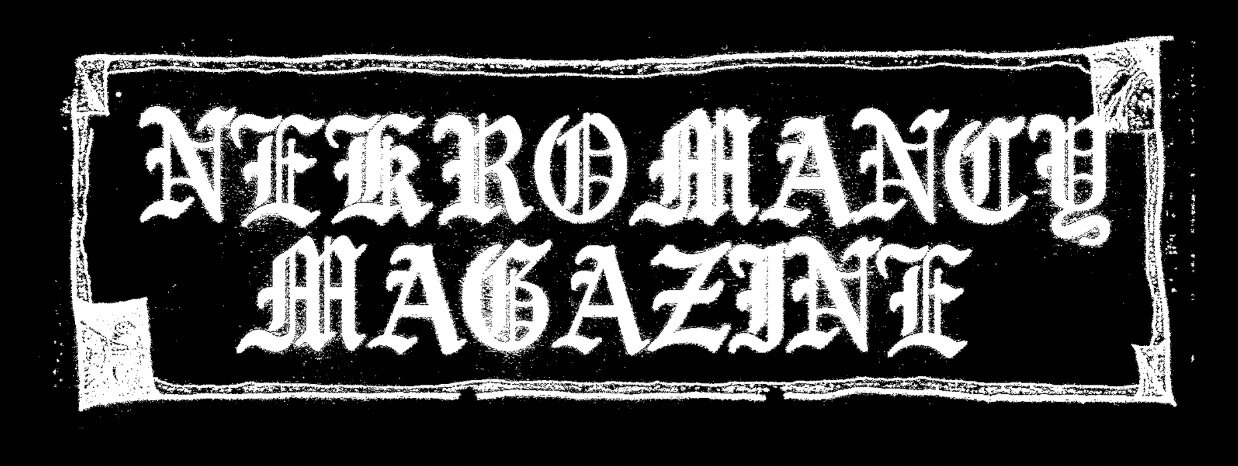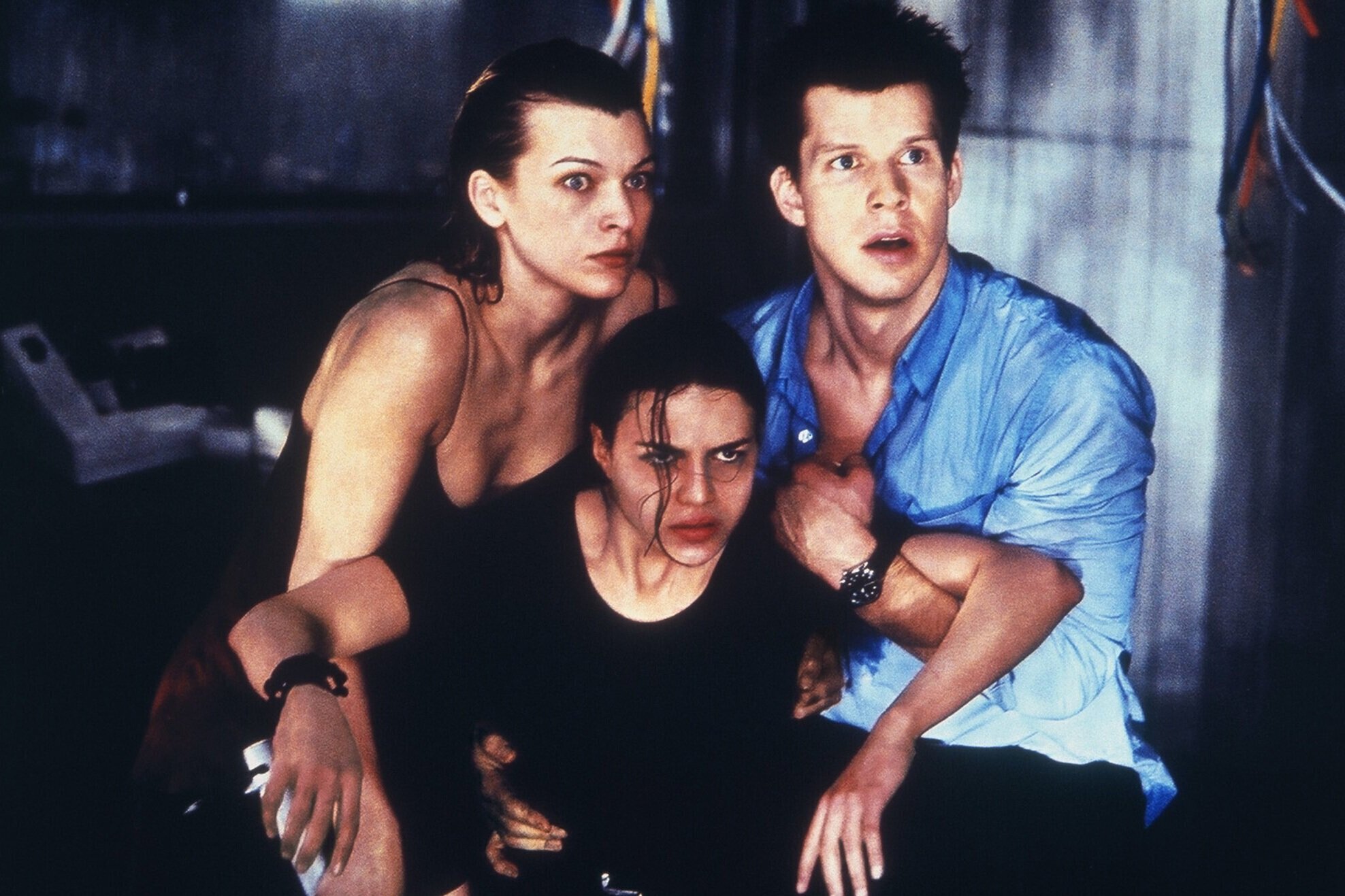Boll-shit: The Rise and Fall of Horror Video Game Adaptations.
March 26, 2021 ● Cal Moores
Alone in the Dark (2005), Boll KG Entertainment
The early 2000s saw a resurgence in the popularity of films based on video games, mainly that of horror franchises. These cinematic gems have always been notorious for being some of the worst pieces of celluloid ever recorded upon with only a few notable exceptions. During the 90’s the idea of adapting a video game onto the big screen first took hold of the minds of those Hollywood bigwigs, with some of the earliest adaptations being that of Super Mario Bros. and Street Fighter. The latter of which starring a fresh off Neighbours Kylie Minogue (rather confusingly), and the most Belgian man in the history of Belgium, Jean-Claude Van Damme. These films grossed absolutely zilch at the box office (unsurprisingly), and have gone down in history as some of the biggest flops to ever come out of Hollywood. However, one man had a plan to reinvent the premise of video game adaptations and he damn well succeeded in his master plan.
Enter, Paul W.S Anderson. A relatively unknown filmmaker who was flying under the radar during the mid-’90s, his first movie Shopping debuted in 1994 and made a staggering $3000 at the US box office despite its stellar casting of Jude Law, Sean Bean and Jonathan Pryce. His sophomore directorial effort however, would turn the tables. 1995 saw the release of his seminal masterpiece Mortal Kombat, a film so downright terrible that you’ll be utterly baffled to learn that it made $125 million in the US alone. A slight improvement over his film from the previous year. Despite being hailed as “‘abysmal”, “shambolic” and as one Letterboxd user review stated “still better than Mario” the film garnered a cult following which inevitably led to a sequel in 1997 which we shall not even speak of, simply because I don’t want to, nobody wants to talk about that film.
Resident Evil (2002), Screen Gems
Seven years later, Anderson took up the mantle of bringing to life yet another video game. This time he settled on Resident Evil. I’m gonna come out and say it, this film is utterly fantastic and I won’t change my perspective on it. Needless to say, its five subsequent sequels weren’t all entirely necessary but this franchise will always have a special place in my heart. The film grossed well over $100 million, appealing almost entirely to the teenage male audience of the early ’00s; mainly due to the fact that Milla Jovovich spends the majority of the film wearing a scantily clad outfit whilst roundhouse kicking freshly turned zombies. What’s not to like from the eyes of a pre-pubescent teenager?
Anderson has spent the past twenty years capitalising on the success of the first Resident Evil, helming the director's chair on three out of the next five instalments, each film including the tendency to become more convoluted than the last.
Still to this day, the franchise remains the pinnacle of how to successfully adapt a video game onto the big screen - in total having grossed over $1.2 billion worldwide, ranking amongst the top twenty highest-grossing film series of all time.
At this point the concept of turning well-known video game franchises into films was sounding like a good idea to Hollywood, they’d gotten through the rough patch during the mid-’90s and the films were finally becoming profitable. However, one man from Germany had other plans. A plan for domination of the video game adaptation world. A plan to create “art”. A plan to create crimes against humanity, that he labelled as “films”. This man was Uwe Boll - commonly referred to as “the second most hated man in Germany”.
Ona Grauer in House of the Dead (2003), Boll KG Entertainment
Boll spent the entirety of the 1990s producing low-budget German-language films, most of which were harmless but didn’t see the light of day outside of his homeland. In 2003, this all changed, for the absolute worse. House of the Dead was initially released to bad, yet not terrible reviews. IGN (a very ‘trustworthy’ source, I know) gave the film a rating of ⅗ which isn’t awful, given the fact that this film made me want to scratch my own eyeballs out. Since then, thankfully, this film is now regarded as one of the worst films ever made - ranking 41st on a list of ‘worst films of the 2000’s’. In basic terminology, the film goes something like this:
A group of teenagers head to an island, for no apparent reason. Unsurprisingly the island is full of zombies. The aforementioned teenagers begin to get slaughtered by the zombies. The end.
The film is just trashy in every way. The shots are ugly, the acting is unbelievably abysmal and the scriptwriting is some of the worst I have seen since Troll 2. House of the Dead barely made back its budget of $12 million, but that didn’t stop Uwe from pumping out the ‘classics’ for the next few years.
Two years later, his adaptation of Alone in the Dark surfaced from the depths of hell itself. A film following the exploits of a ‘supernatural detective’ hunting creatures from (you guessed it) the depths of hell itself. For some utterly baffling reason, Christian Slater signed on to play the role of ‘Carnby’, the detective in question. Slater was renowned for his iconic roles in films such as True Romance, Heathers and Pump Up the Volume and it boggles the brain to think that he ended up working with the criminal genius that is Uwe Boll.
Alone in The Dark only made back half of its total budget and currently ranks at a 1% on Rotten Tomatoes, somehow scoring even less than Boll’s previous directorial effort. This man has an absolute knack for filmmaking, just at the other end of the scale.
Christian Slater in Alone in the Dark (2005), Boll KG Entertainment
After the let’s just say ‘lukewarm’ response to his video game adaptations you’d think Uwe would learn his lesson; pack up his directors chair and leave Hollywood with his credibility still somewhat intact. But that isn’t his style at all. Since then, Boll has ‘directed’ such masterpieces as Postal, Bloodrayne and Far Cry. All of these being adaptations of relatively popular video game franchises, all of which were also entirely funded by Boll himself as no studios would work with him at this stage, and all of which didn’t make a penny.
He began his YouTube channel almost a decade ago and in 2015 posted the now iconic video entitled ‘fuck you all’. Boll rampages in the video, telling the general public to “go fuck themselves” for not joining the crowdfunding campaign for whatever his latest venture was at that point. The notorious video garnered millions of hits online and subsequently allowed for the creation of a documentary about the life of Uwe Boll simply known as F*** You All.
Since the early 2000's video game adaptations of horror franchises have almost entirely fallen off the map. Except for a few oddities like Doom and Silent Hill. The latter of which starred Sean Bean and is in my opinion one of the better video game films of the last twenty years, despite spawning one of the worst sequels to ever grace the cinema screen.
This may soon be changing, however. Resident Evil is being rebooted in the form of a Netflix series this year - and I for one am holding onto a small glimmer of hope that this will open the floodgates for yet more horror movies based on video games; because who doesn’t want some schlocky b-movie trash in their everyday lives. I know I do.
Cal Moores ● Writer
Twitter: @cal_moores
Instagram: @cal.moores
Cal Moores is a Manchester based music photographer and sporadic film writer. Having a passion for films ranging from 80’s slashers to 70’s American New Wave. Never ask him what his favourite horror movie is, he’ll undoubtedly blurt out Psycho III and instantly regret it.




